- info@sbecinternational.com
- Bijilo, The Gambia
Extracurricular activities are integral to students' holistic development, offering a platform for exploration, skill-building, and personal growth. These activities, spanning sports, arts, clubs, and community service, enable learners to discover their passions, cultivate teamwork, and develop essential life skills like time management and leadership. By engaging in a diverse range of extracurricular pursuits, students foster self-confidence, social aptitude, and a sense of belonging. These experiences provide a vital bridge between academics and real-world challenges, preparing students to excel academically while cultivating attributes necessary for success in higher education and beyond.
Swimming
Swimming serves as both a valuable life skill and an engaging recreational activity for students. Beyond enhancing physical fitness, swimming builds water confidence and safety awareness. Students who participate in swimming programs develop strong cardiovascular health, muscular strength, and improved coordination. Additionally, swimming cultivates teamwork, discipline, and resilience, promoting a well-rounded and active lifestyle.
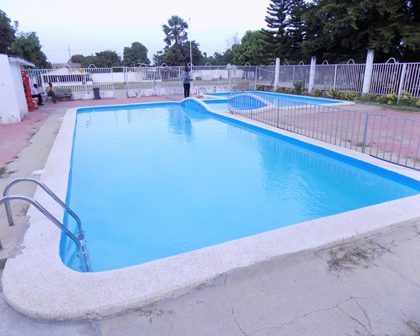
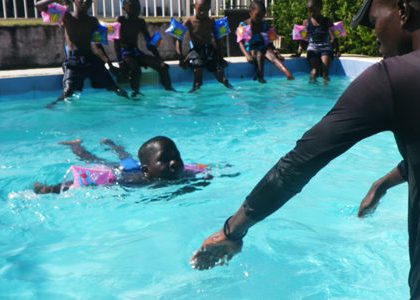
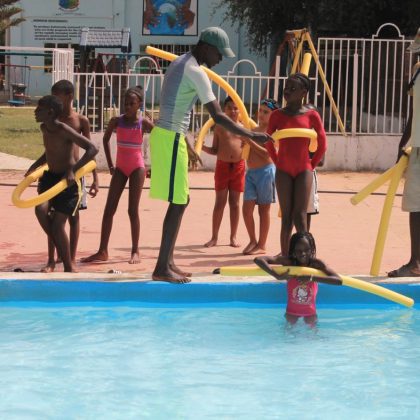
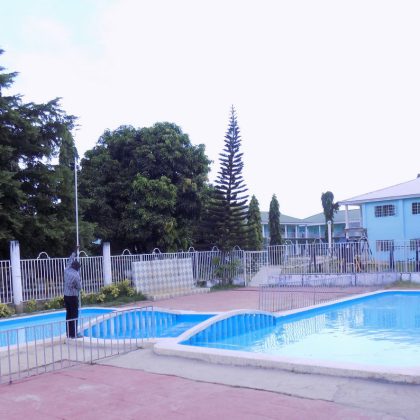
Swimming is a lifetime sport that benefits the body and the whole person. Swimming is a healthy activity that can be continued for a lifetime. The health benefits swimming offers are one of the reasons we introduced it.
Swimming works practically all of the muscles in the body. Swimming can develop a swimmer’s general strength, cardiovascular fitness and endurance.
Regular swimming builds endurance, muscle strength and cardio-vascular fitness. It can serve as a cross-training element to your regular workouts. Swimming with increasing effort to gradually increase your heart rate and stimulate your muscle activity is easily accomplished in the water. After a land workout, swimming a few laps can help you cool-down, move blood through your muscles to help them recover, and help you relax as you glide through the water.
workout, whether water aerobics or a master’s swim practice, is a great social outlet. Exchanging stories, challenging each other, and sharing in the hard work make swimming with others a rewarding experience.
Swimmers seem to do better in school, in general terms, than non-swimmers as a group.
Swimming does burn calories at a rate of about 3 calories a mile per pound of bodyweight. If you weigh 150 lbs. and it takes you 30 minutes to swim one mile (1,760 yards or 1,609 meters), then you will be using about 900 calories in one hour.
Choreography
Choreography at our school empowers students to express themselves through the art of dance. Through creative movement and storytelling, students learn to communicate emotions and ideas. Choreography encourages collaboration, self-expression, and cultural appreciation. Students explore diverse dance styles, nurturing their artistic abilities while fostering unity and understanding among peers.
SBEC believes that partaking in organized sports provides a chance for young people to increase their activity and develop socially and physically. Choreography is one of the most comprehensive lifestyle exercise programs available to children, incorporating strength, flexibility, speed, balance, coordination, power, and discipline. Whether they are involved in recreational gymnastics or with a competition squad, skills learned in gymnastics can benefit a child’s overall development.
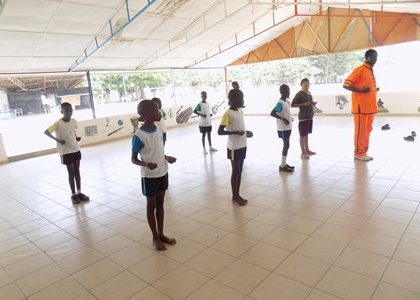
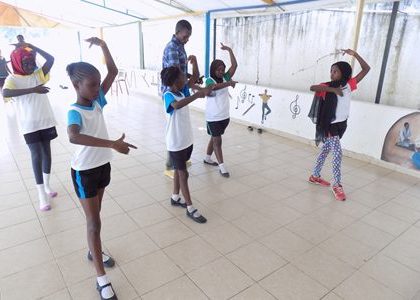
Participation in gymnastics helps children become physically active, and stay fit and healthy. Taking part in any exercise significantly reduces the risk of obesity, heart disease, and diabetes in adulthood. Encouraging moderate and vigorous physical activity among youth is important, as the habits learnt as a child are often carried through to adulthood. Regular participation in gymnastics can teach children how to live a healthy lifestyle, and remain involved in the sport as they grow up.
Partaking in gymnastics can help children sleep better, and equip them with skills to better handle physical and emotional challenges in life. Attending a regular gymnastics class provides young children with the opportunity to communicate with people their own age, work within a team, and engage with adults. SBEC believes that gymnastics gives children an opportunity to learn about social skills like listening, following directions, taking turns, being quiet, and respecting others. Children also have fun, meet new friends, and learn independence.
The challenging nature of gymnastics requires commitment and concentration. The structure of gymnastics lessons teaches children how hard work and dedication pays off. Positive experiences in gymnastics can build confidence through achievement, and illustrates to children that commitment to sport benefits them. Rules and codes of conduct in gymnastics help children learn the importance of rules for safety, and teach respect toward others.
Gymnastics helps children build a range of motor and coordination skills, and assists in developing a good sense of body awareness. A young gymnast will learn how to use different parts of her body in difference ways. English Gymnastics claims that participation in gymnastics develops body awareness, control, and coordination, which can be beneficial to other physical activities, sports, and in everyday life.
Gymnasts are renowned for their excellent strength-to-weight ratio. Taking part in gymnastics at a young age can help build the foundations of good all-around muscle strength, endurance, and power. According to the International Gymnastics School, gymnasts get stronger through regular training, which aids in the development of lean, toned muscles, improved balance, and better posture.
Martial Art
Our martial arts program instills valuable life skills and principles in students. Beyond self-defense techniques, martial arts promote self-discipline, respect, and mental focus. Students learn to channel their energy positively, developing physical fitness and emotional resilience. Martial arts training encourages personal growth, instills confidence, and teaches conflict resolution in a controlled and respectful manner.
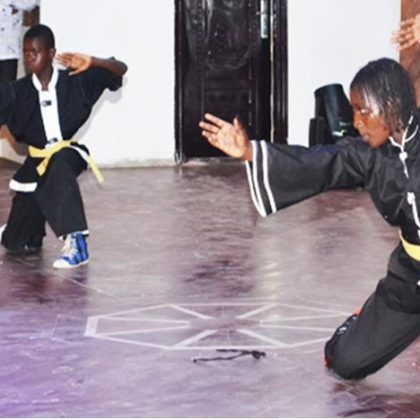
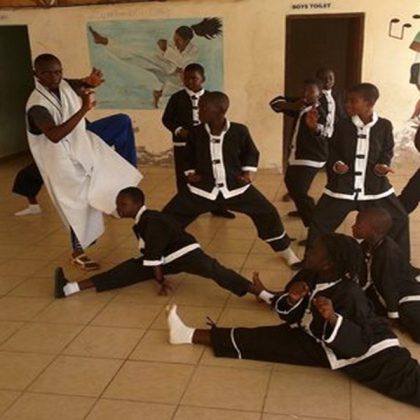
School Clubs
Our school’s vibrant club offerings provide students with opportunities to explore interests, connect with peers, and grow personally and academically. Joining a club allows students to deepen their knowledge in specific subjects, engage in community service, or pursue hobbies. Through club participation, students develop leadership skills, build friendships, and create a sense of belonging in our school community.
Designed by Alli